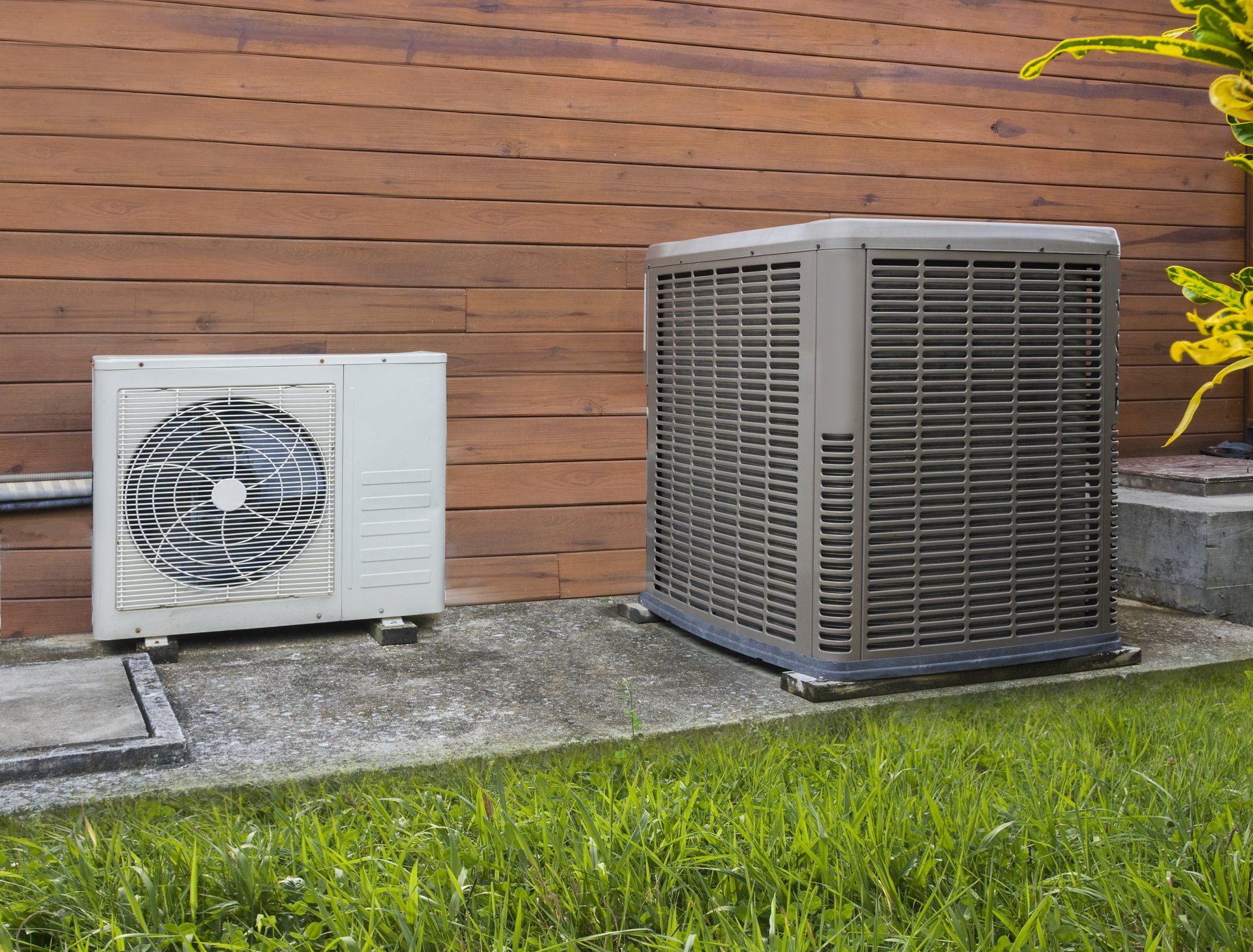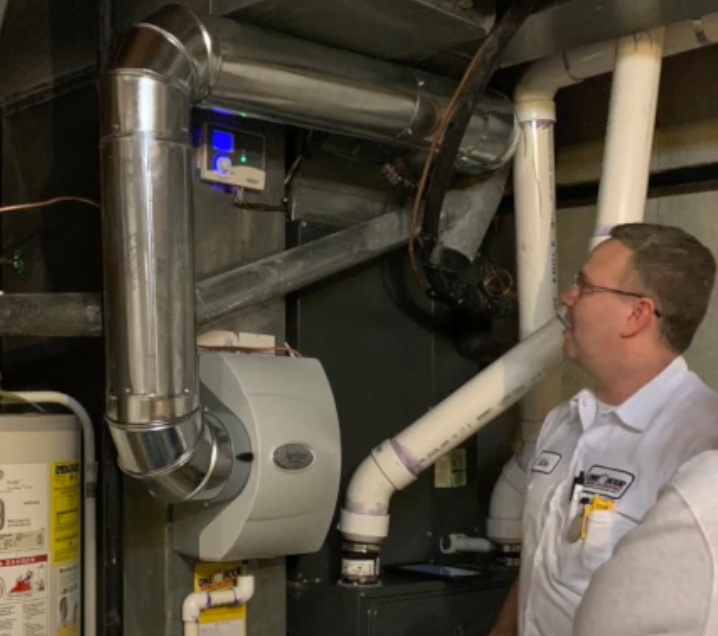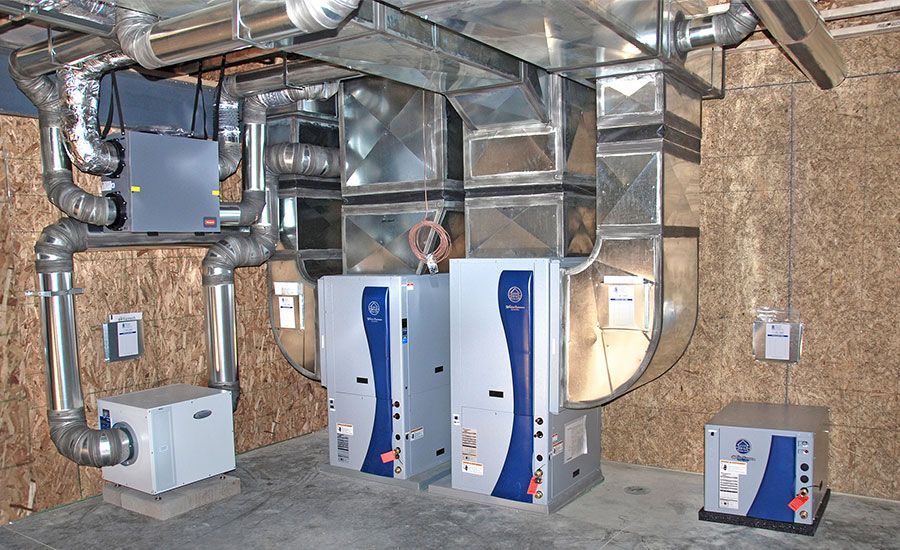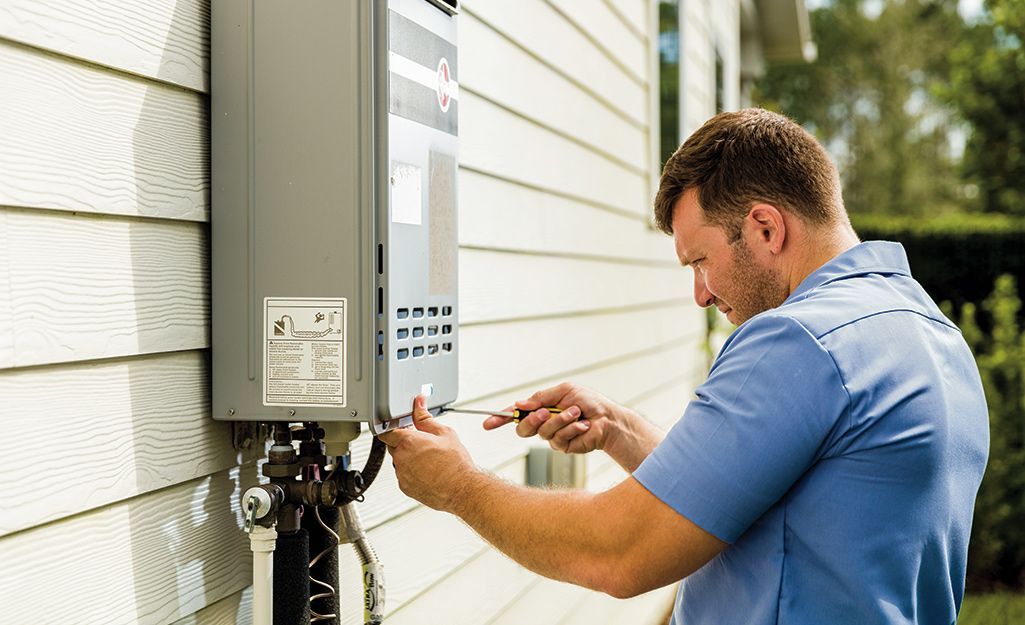What is a HEPA Filter? | How Do They Work?
What is a HEPA filter?

While it’s vital to have a properly working HVAC system, you need the right filters to ensure superior air quality. However, knowing the differences between the various filters can be confusing. To choose the perfect option for your home or business, it’s important to understand the wide variety of filters on the market.
Today, a HEPA filter is among the most popular options. Keep reading to learn more about these filters, including how they work and where they're utilized.
What does “HEPA filter” mean?
HEPA stands for High Efficiency Particulate Air. These high-quality filters have the ability to trap 99.97 percent of particles at 0.3 microns. HEPA filters are made with advanced technology that leads to exceptional air quality.
The certification process for HEPA occurred in 1983. However, HEPA filters have been around since the early 1940s. This was when Manhattan Project scientists designed the very first HEPA filter. This filter was created to trap radioactive particles that were released from the atomic bomb. Today, a HEPA filter is used worldwide to capture small particles trying to infiltrate our homes and businesses.
What are they made from? How do they function?
The common HEPA filter today is made of interlaced glass fibers. These fibers are twisted and pulled in many different directions, creating a difficult journey for small particles. As these particles try to find their way around the fibers, they get caught in several different ways.
A HEPA filter traps particles using the following methods:
Interception
As particles travel around fibers, they can eventually get caught up and stick to the sides of them. This is referred to as interception.
Sieving
This refers to the action of particles getting trapped on fibers when there isn’t any room to pass through. While the airflow may bring particles through several fibers, sieving occurs when particles are too large to make it through a fibrous gap.
Diffusion
While there are many different sizes of particles, the smaller ones tend to move around at random. These small particles are more likely to stick to the filter's fibers. This is called diffusion.
Direct impaction
This is the more straightforward method, where large contaminants move in a straight path before hitting and sticking to a fiber. The common particles that follow this path include pollen, mold, and certain types of dust.
Can particles smaller than 0.3 microns pass through? Are they dangerous?
A HEPA filter traps particles at 0.3 microns because scientists have determined this is the most penetrating particle size, or MPPS. Particles both smaller and larger than 0.3 microns tend to get trapped more easily.
While you may be concerned about some particles making it through a HEPA filter, there’s no need to worry—several different filters have additional technologies to ward off the peskiest of particles. For example, some filters are made with activated carbon, which has small pores that trap smoke, odors, and certain chemicals. This acts as a second line of defense to a HEPA filter.
What are “True HEPA” filters? Do they work differently?
As many different providers have made their own version of a HEPA filter, there are various marketing terms at play. One of which is “True HEPA."
This term is used to describe American HEPA filters, which work a little differently than some alternatives in other parts of the world. For example, in European countries, their HEPA standard involve filters that only trap 85 percent of particles at 0.3 microns. This compares to the 99.97-percent standard here in the United States. That said, the American standard for these filters is referred to as “True HEPA.”
What settings or products utilize HEPA filters?
While the HEPA filter was originally made for lab and factory environments, they are now found in a variety of consumer products. Vacuum cleaners, cars, and air purifiers all utilize this innovative technology.
HEPA filters are extremely effective at trapping harmful contaminants that can lead to sickness and respiratory issues. If you want incredible air quality, using a HEPA filter is a great option.
Homeowner Looking For Reliable Heating, Cooling Or Plumbing Supplies?
Our dedicated specialists are standing by to help.
Most homeowners in need of new heating or cooling equipment will do an internet search to get information. Such a search will typically yield two results: what to buy or where to buy but not why to buy. At InterCounty Supply, as a wholesale supply house, we present all the options for what to buy and why it would be the best choice for YOUR situation. After all the options are presented a homeowner can decide for themselves what they need. ICS then has a licensed, factory trained contractor who SPECIALIZES in the equipment you need come to your home to provide the complete installation cost for the equipment you need. ICS will also handle all the paperwork for any rebates that are applicable.
Have questions, give us a call 914-939-4350 or fill out the form and one of our specialists will be in touch shortly.
Get A Free - No Obligation Quote
Our Specialist are
standing by to help
Blog Post Form
We will get back to you as soon as possible
Please try again later
Other Helpful Articles
Homeowner Looking For Reliable Heating, Cooling Or Plumbing Supplies?
Our dedicated specialists are standing by to help.
Quick Links
Sign Up For Our News Blast
Email Newsletter
Thank you for subscribing to our updates. We will never spam or resell your information.
Please try again later.
Latest News
All Rights Reserved. All content & images belong to their respectful owners. | InterCounty Supply Inc.
Powered by Zamerat Digital Marketing




